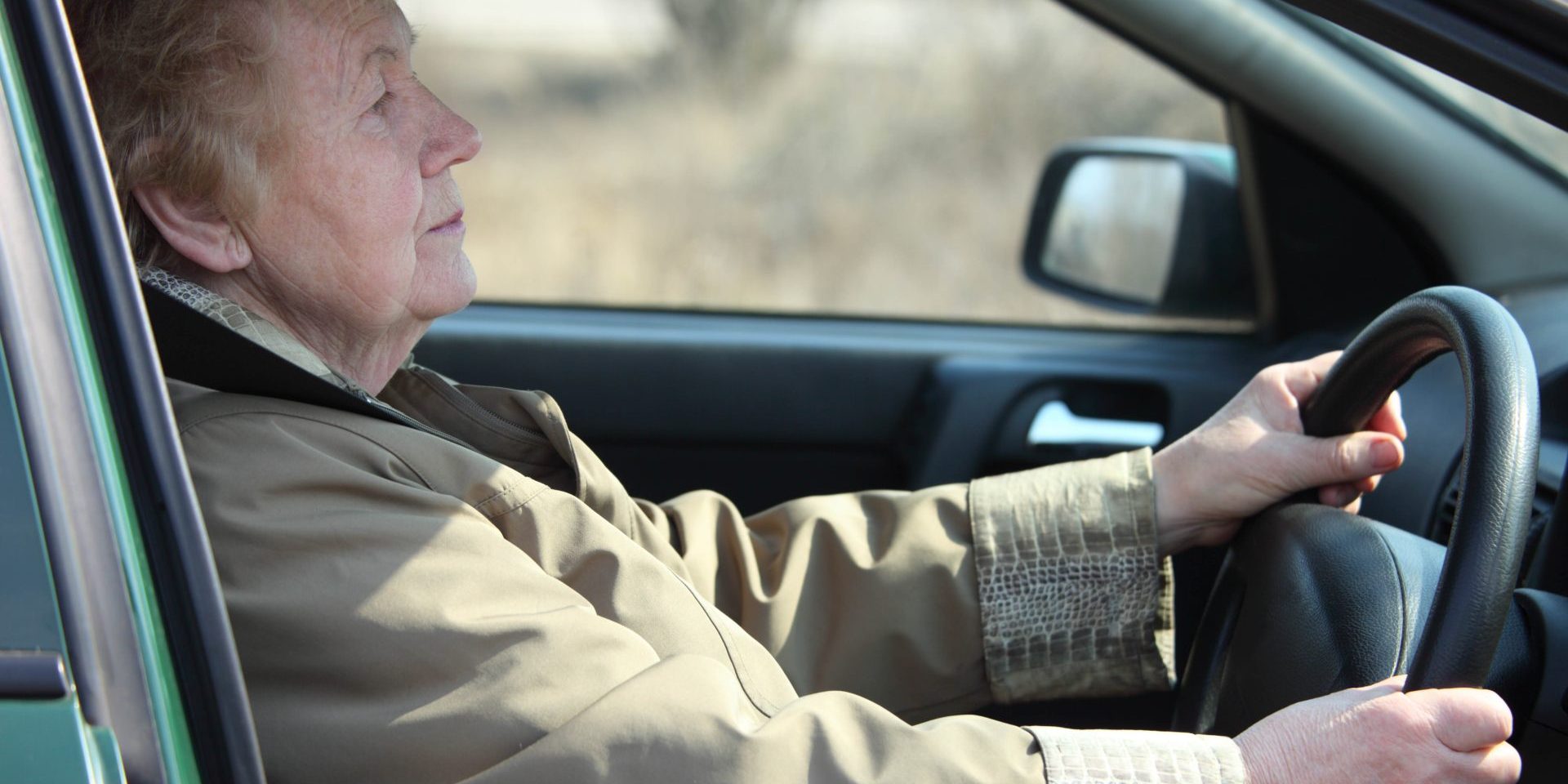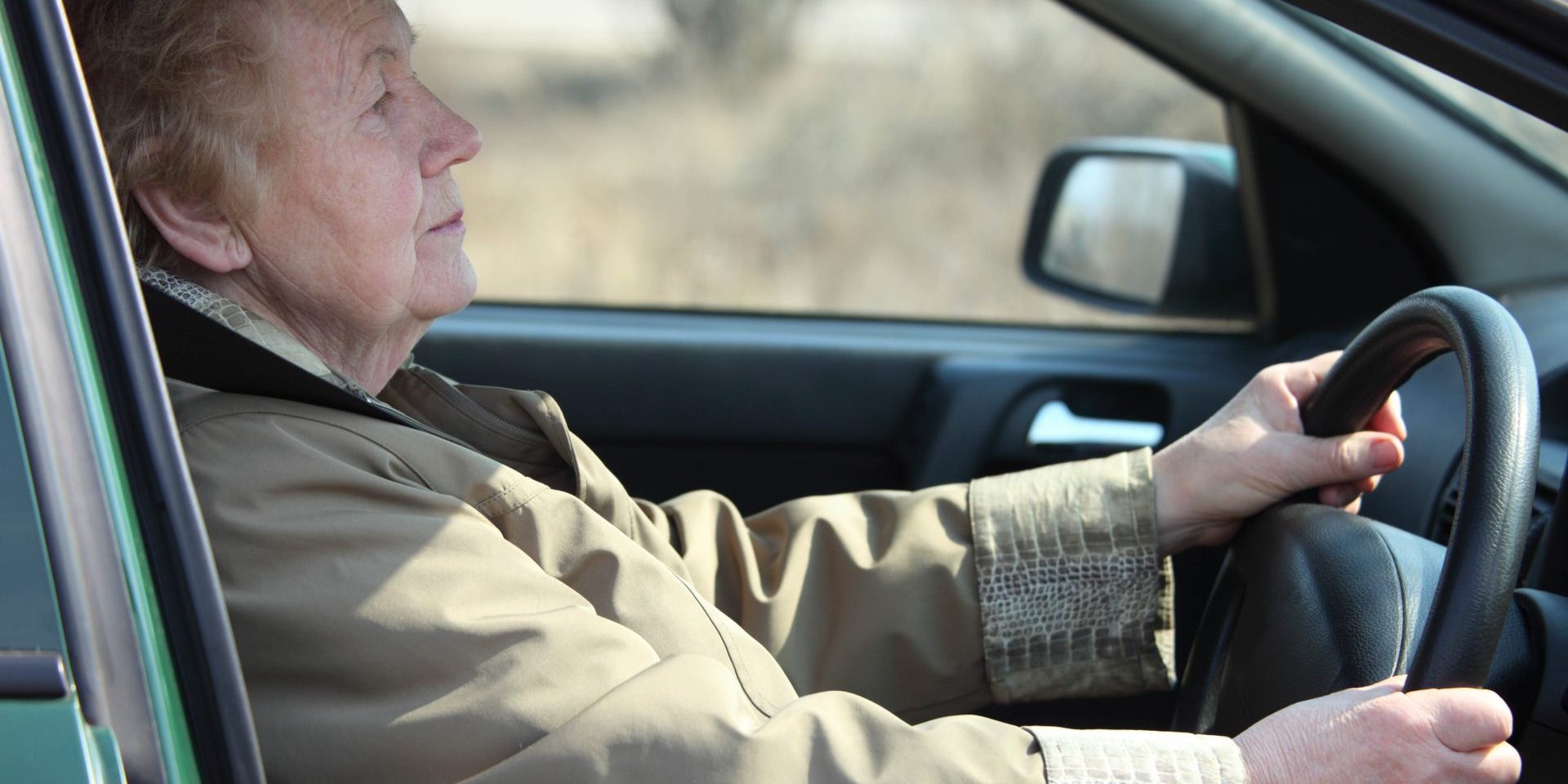After decades at the wheel, are you now a driver… or simply someone who drives?


What is driving to you? An ongoing responsibility with opportunities to learn and improve from every journey? Or simply a means to get from one place to another, possibly without much consideration of safety, courtesy or the impact of our actions on other road users.
The difference between a ‘driver’ and ‘someone who drives’ may be subtle in terms of language, but in the real-world road environment it’s considerable. A driver is defined by attitude, habits and pride in maintaining standards that make roads safer for all. The best drivers acknowledge their shortcomings and vulnerabilities. They acknowledge moments of distraction, misjudgement or tension behind the wheel. They look for ways to improve.
Someone who “just drives” is unlikely to have this mindset. Journeys are not learning opportunities, errors quickly fade from memory, suggestions or concerns voiced by family members or friends will be discarded.
Committed drivers listen and plan. They are willing to adapt as traffic conditions change. They make a deliberate choice to put safety first, supported by a good attitude and constant alertness to the dynamic road environment. They anticipate risk, they respect road conditions, they understanding which actions will reduce risk, and which are more likely to increase it.
On journeys they check blind spots and take nothing for granted. They maintain good tyres, clean lights and windscreens, they book regular eye tests because it’s a key part of safe, responsible behaviour.
On the other hand, someone who merely drives is more likely to brush aside these details, seeing maintenance and caution as unnecessary obstacles.
A driver takes pride in every aspect of the driving experience. Courtesy, care and concentration are at the heart of their approach, along with patience and respect for the rules.
Ask yourself these questions:
- Is road safety a personal value, shown not just by attitude and behaviour on journeys, but also by planning, vehicle maintenance, regular eye tests and fitness checks?
- Are you able to spot risky situations early and adapt your driving accordingly?
- How open are you to feedback from family and friends about your driving – do you listen and adapt, or ignore concern?
- Do you possess up-to-date Highway Code knowledge?
- Would you view a skills refresher session as an opportunity or a waste of time?
GEM Motoring Assist works closely with the Older Drivers Forum, an organisation offering details of how to book a driving assessment.
If you enjoyed this article, be sure to follow us on Microsoft Start.










